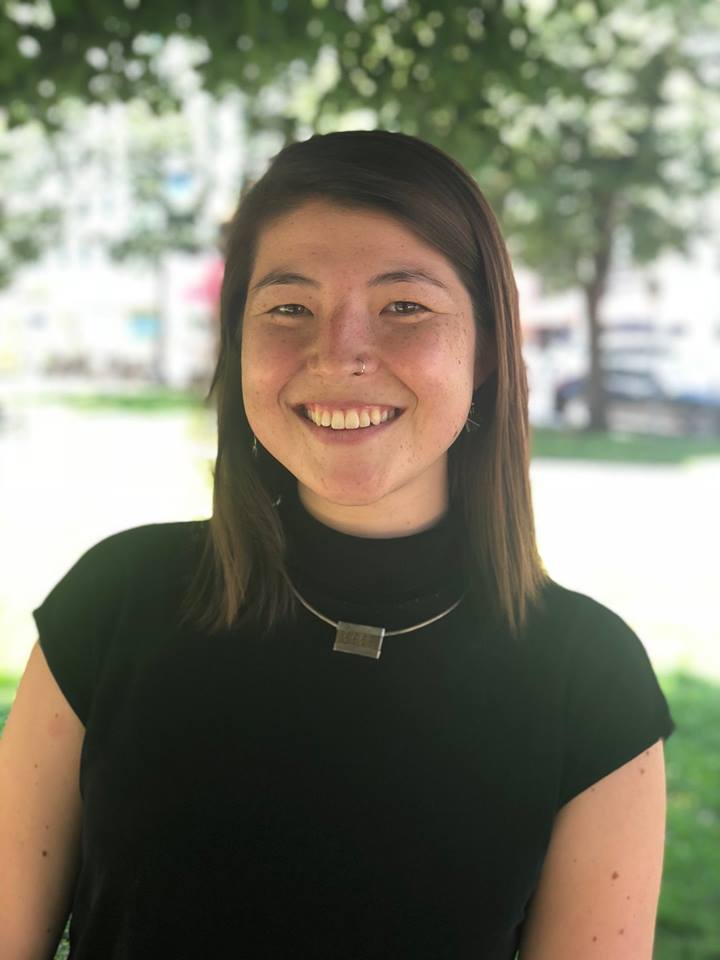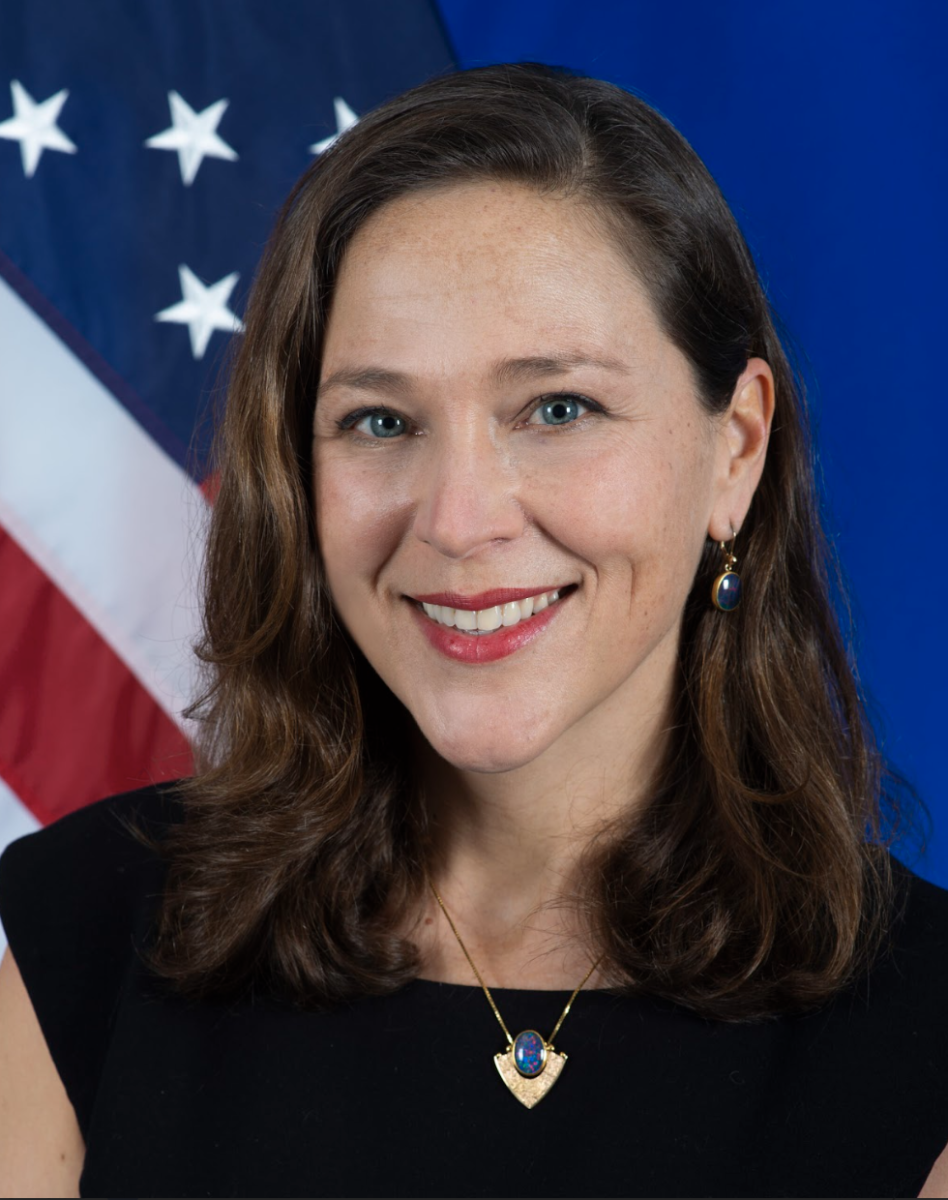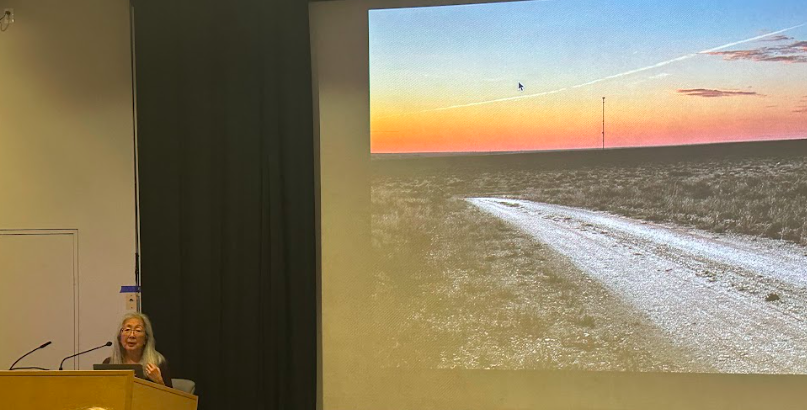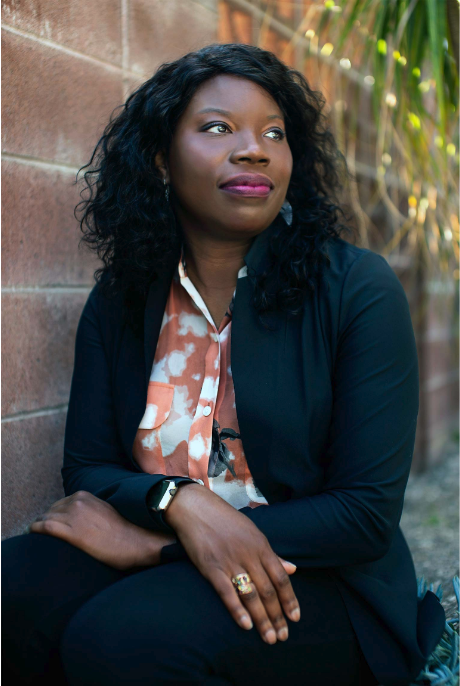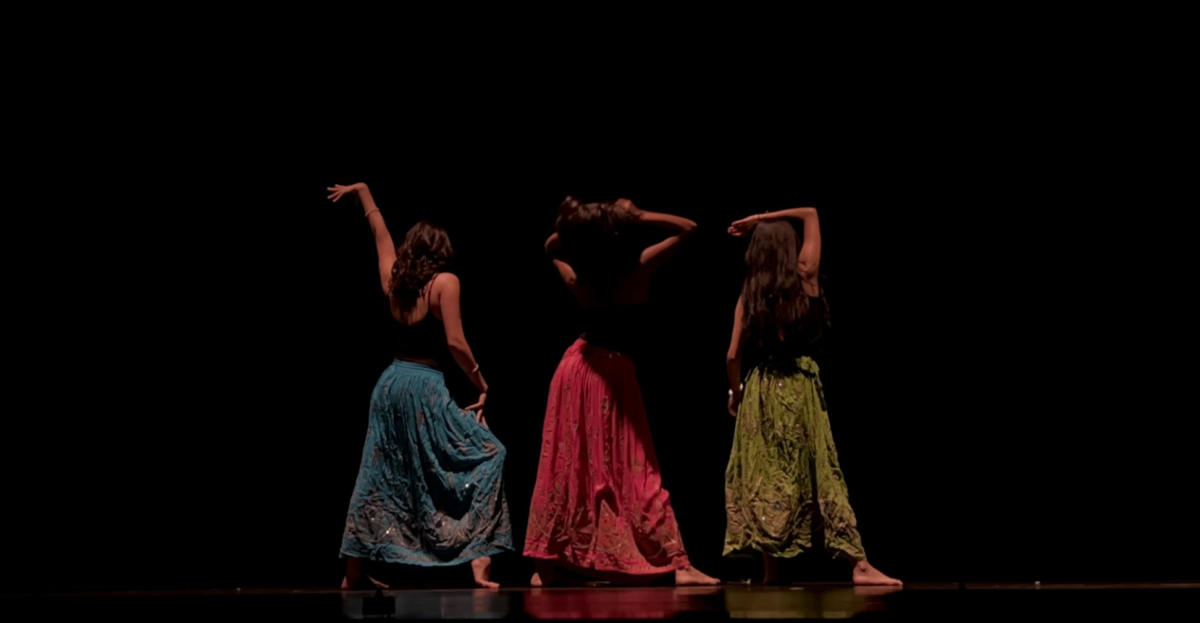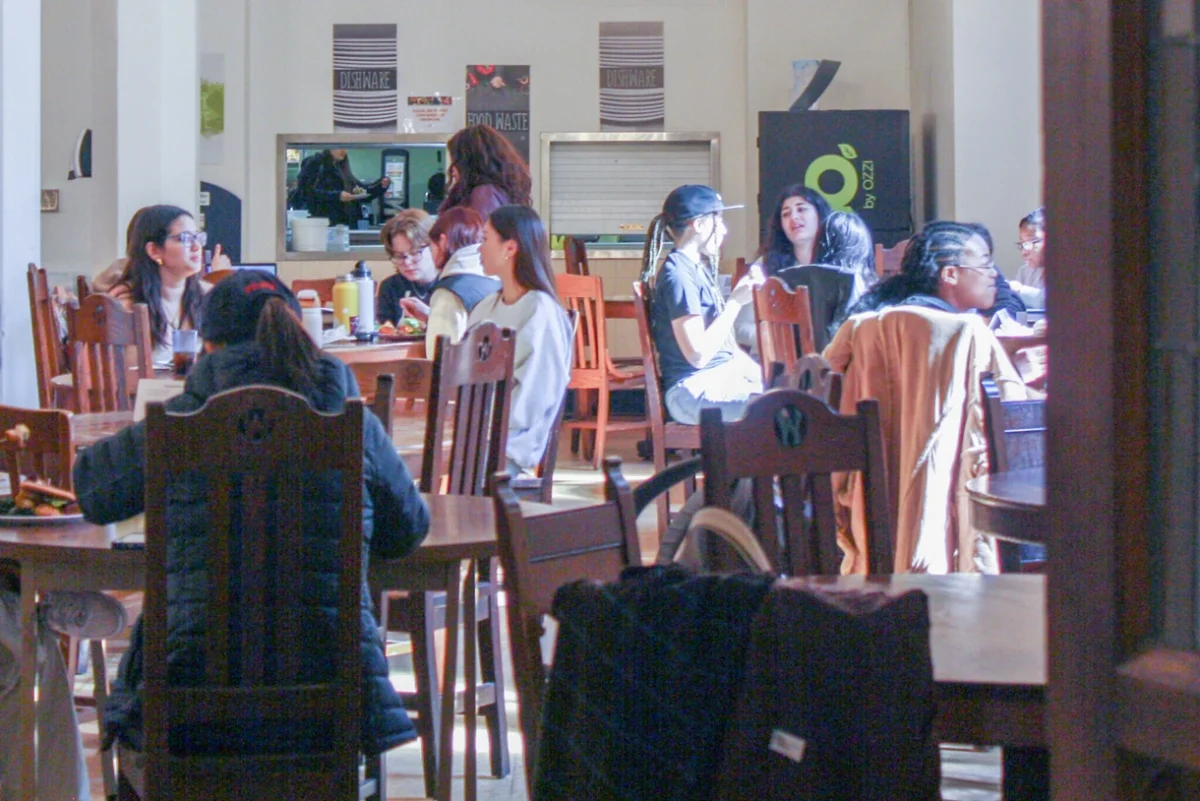Born in Japan and raised in Atlanta, Georgia, Mary Lou Akai Ferguson ’16 developed a passion for education even before coming to Wellesley. When she was younger, her parents helped start a charter school in her East Atlanta neighborhood bringing together refugee, immigrant, and local students. Although she was too old to attend that particular school herself, it had a big impact on Akai Ferguson.
“It’s a very diverse school, and it was just a lot of people from different communities coming together on education — the hope of education. So that’s definitely what has driven me from the very beginning,” she explained.
Akai Ferguson found out about Wellesley when she was recruited to play soccer. “I went to the campus and checked it out, and I was like, ‘Oh wow. I really vibe with this place. I want to go here,’” she recounted. “It’s kind of a funny story, because most people have heard of Wellesley when they apply.” At Wellesley, Akai Ferguson played soccer all four years and graduated with a major in economics and a minor in English.
On the start of her Wellesley career, Akai Ferguson commented, “I had a handful of friends whose parents were doctors, and to me that was the richest thing in the world, and then coming to Wellesley and realizing that, like, that wasn’t the extent of what money could be — I was like, ‘Whoa. This is like a completely different lifestyle.’ It made me a little upset. It made me feel a little down. Like, ‘Oh, this is actually the world that I live in.’”
“I definitely had imposter syndrome,” she continued. “I think in hindsight after having conversations with a lot of people, I’ve realized that a lot of people at Wellesley go through that — [there are] a ton of people just faking it until they make it there.”
One of the experiences that Akai Ferguson connected with while at Wellesley was tutoring with some of her friends at a middle school in Framingham. Then, when she graduated, she joined Teach For America. She worked as a ninth-grade math teacher at a high school in Louisiana for two years.
“I also coached the high school soccer team there, and I got really involved in the community. It was a really great time,” Akai Ferguson said.
On her relationship with her students as a young teacher, Akai Ferguson commented, “I was one of the only teachers of color in the entire school, and the school was outside of New Orleans, so it was about half white [students]. So I think that being a teacher of color showed them more that I was on a lot of my students’ side, but also being young and understanding what it’s like to grow up in a slightly different society than a lot of the other teachers grew up in because they’re older — I think that made students believe more that I was on their side and that I’m actually fighting for them and not against them.”
Akai Ferguson left New Orleans for an education policy fellowship in Washington, D.C. after her second year of teaching.
“The reason why I left is because I ultimately felt like there was too much out of my control above me that was forcing the way that I was running my classroom,” she explained. “Almost a third of our time in the classroom was spent preparing for tests by taking more tests. And so, I left the classroom because I wanted to go and do something about it.”
When she finished her fellowship, Akai Ferguson ended up working on political campaigns. She was involved in gubernatorial candidate Ben Jealous’ 2018 campaign in Maryland, and in the last few weeks, she was hired to work for Senator Elizabeth Warren’s 2020 presidential campaign. Her focus on the campaign is volunteer training, and she gets to develop curriculum for training volunteers to organize.
“I was drawn to the campaign itself because of spectacular leadership and a positive environment,” Akai Ferguson commented. “I was drawn to Senator Warren as a candidate because she’s genuine, great to work for, truly passionate about the causes that she advocates for, and really understands the issues.”
Working on campaigns and teaching are both roles that involve interacting with people, Akai Ferguson explained. She also noted the way that learning to put students first as a teacher can apply to other roles.
“I think that it’s similar in terms of when I was organizing in Maryland and now on the Warren campaign,” she explained. “It’s not about these big lofty ideas. It’s really about the people that it’s going to affect — it’s about the voters, just like it was about the students.”
Reflecting further on her career, she added, “[I] kind of just met the right people at the right time, and now I have joined Elizabeth Warren’s campaign. But after this, I plan to go back to education policy.”
Akai Ferguson worried at times about her career path being non-linear, but she shared what helped her through those worries, saying, “One of my friends at Wellesley actually described it like this: Every single opportunity that you have, a job, whatever you do, it’s kind of like you’re PAC-MAN. Every time you do something different, you’re eating a new dot. You’re just gaining all these different, new skills, and they might not have anything to do with each other, but you’re gaining them all, and it’s creating a more whole and complete you.” Akai Ferguson says she isn’t sure how working on campaigns and teaching will relate, but she values both experiences because both help her develop new skills and grow.
In retrospect, Akai Ferguson continues to notice unexpected connections between her experiences — such as the influence of her role as president of Society Zeta Alpha at Wellesley.
“It was like herding cats,” she joked. “[I] was like, ‘OK, if I can get 30 people to listen to me at once who don’t want to listen at all and are tired and it’s Sunday night, then I can teach a class.’ That really helped.”
By her junior and senior years, Akai Ferguson felt like Wellesley had helped her learn about herself. “Wellesley taught me that I was smart and capable and I could do anything that I wanted, and I don’t think that I necessarily felt that about myself before Wellesley. … I think I would never have survived a classroom full of 15 year-olds if I wasn’t able to walk in with that Wellesley confidence.”
Akai Ferguson acknowledges that it can be hard not to compare yourself to others, especially when you are surrounded by talented peers at Wellesley. She encourages students to resist that urge to compare.
“Your path is your own path, and anything you do is perfect for you,” she concluded.

